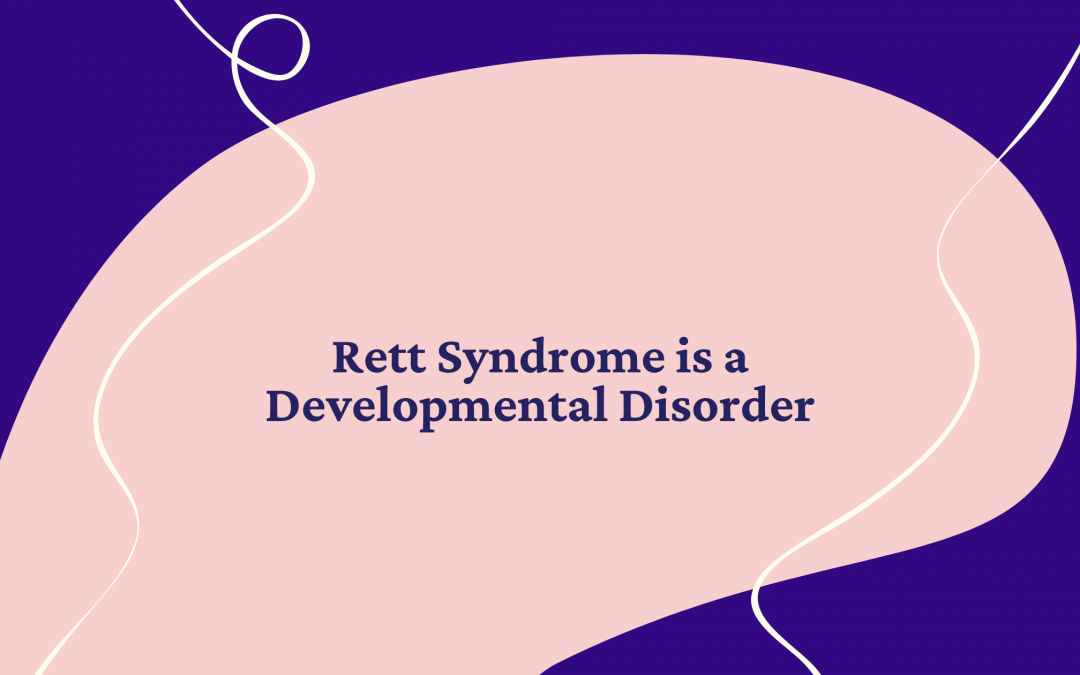Can you imagine losing your ability to speak, walk, eat, and even breathe easily? And imagine it happening to you as a kid. This is Rett Syndrome. It occurs worldwide in 1 of every 10,000 female births (and is even rarer in boys).
While you may not have heard of Rett Syndrome, you may know what it looks like: young girls lose use of their hands and start making repeated hand wringing, washing, or clapping motions. They tend to grow more slowly than other children and about three-quarters have a smaller head size.
According to Rettsyndrome.org it is a “rare genetic neurological disorder” usually recognized in children between 6 to 18 months as they begin to miss developmental milestones or lose abilities they had gained.
Rett Syndrome is caused by errors in a gene called MECP2 which is located on the X chromosome
Symptoms to look for:
- Loss of speech
- Loss of purposeful use of hands
- Involuntary hand movements such as handwashing
- Loss of mobility or gait disturbances
- Loss of muscle tone
- Seizures or Rett “episodes”
- Scoliosis
- Breathing issues
- Sleep disturbances
- Slowed rate of growth for head, feet and hands
But just observing isn’t enough. You need to get your child to a doctor. A simple blood test can confirm if your child has the MECP2 mutation which causes Rett Syndrome.
Bad news is that there is sadly no cure. Good news is that a plan involving medications, nutritional support, and physical & speech therapy help can manage symptoms, prevent complications, and improve quality of life.
October is Rett Syndrome month. Patients, caregivers, and advocates are asked to share stories on social media, attend virtual events, hold Facebook fundraisers, and sport temporary tattoos — all in the name of raising awareness and funds to fight Rett.
In North Carolina you can join parents & supporters in other states, and globally for an awareness event called Light Up the Night to be held Oct. 29. It calls for landmarks and other prominent structures to be lit in purple, the official color of Rett Syndrome. No landmark near you? Use purple light bulbs on your home!
Click here for more info on North Carolina resources
https://www.rettsyndrome.org/for-families/resources/state-resources/north-carolina/
This post was written by Anthony M Scialis. Find him here.

